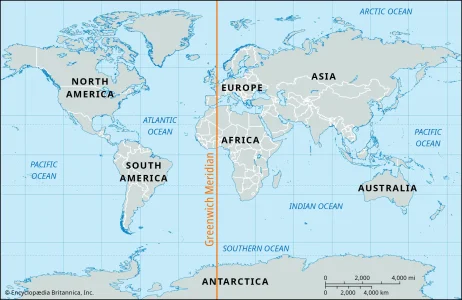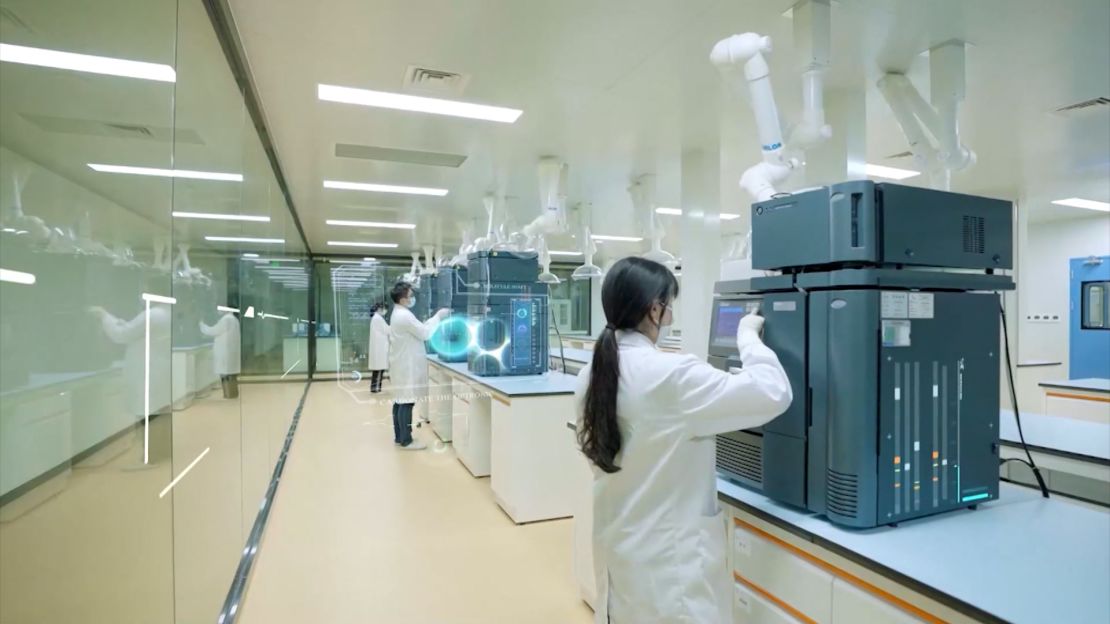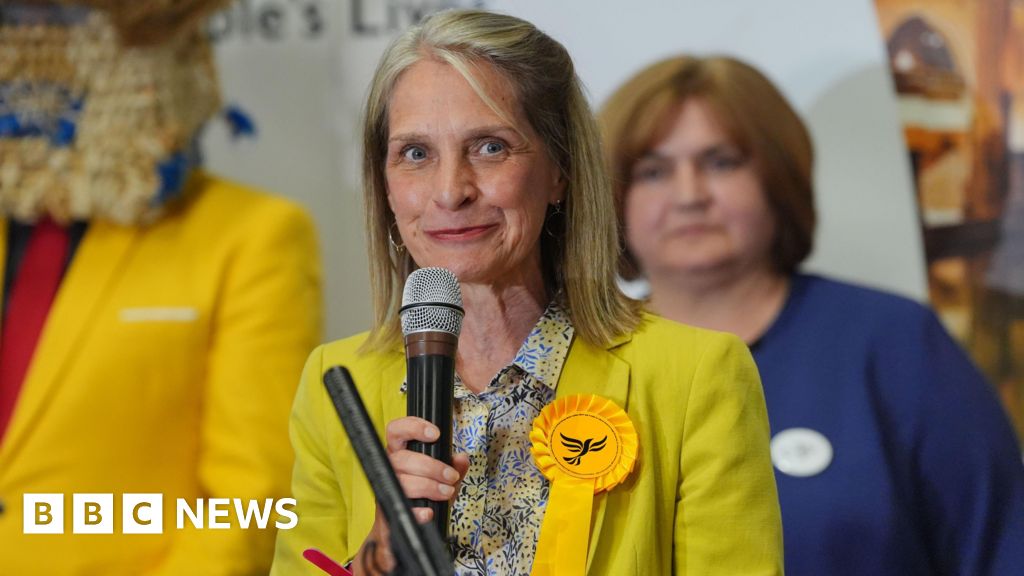Kim Jong Un was China's ally - until he became the 'comrade from hell'
Chinese tourists huddle together against the brisk autumn breeze on a 12-storey building, vying for the best spot to photograph the point where their country meets Russia and North Korea.
The three national flags overlap on a map on the wall, which explains that Fangchuan in China’s north-east corner is a unique place for that reason.
“I feel very proud to be standing here… with Russia on my left and North Korea on my right,” declares one woman on a trip with her co-workers. “There are no borders among the people.”
That might be overly optimistic. Like the sliver of sandwiched Chinese territory she has travelled to see, Beijing too is caught between its sanctioned neighbours.
Fears over the budding alliance between Vladimir Putin and Kim Jong Un have peaked in recent weeks, with reports of North Korea deploying thousands of troops to support Russia’s invasion of Ukraine. And that was before Pyongyang fired a banned intercontinental missile on Thursday, on the longest flight recorded yet – after turning up the rhetoric against Seoul for weeks.
“China seeks a relationship with a reasonable, high level of control over North Korea,” says Christopher Green, an analyst from the International Crisis Group. “And North Korea’s relationship with Russia threatens to undermine that.”
If Xi is unable shape the Putin-Kim alliance to suit his interests, China may well remain stuck in the middle as western anger and anxiety grows.
Moscow and Pyongyang deny that North Korean soldiers are headed for Ukraine, widely seen as a significant escalation. But the United States says it has seen evidence of this, following allegations by South Korean and Ukrainian intelligence.
The first reports emerged just before Chinese leader Xi Jinping met his Russian counterpart at the Brics summit earlier in October, overshadowing a gathering that was meant to send the West a defiant message.
It increasingly appears as though China’s allies are spiralling out of its control. Beijing, the senior partner in the triad, seeks to be the stable leader of a new world order, one that is not led by the US. But that’s difficult to do when one ally has started a war in Europe, and another is accused of aiding the invasion.
“China is unhappy with the way things are going,” Mr Green says, “but they are trying to keep their discontent relatively quiet.”
It’s certainly a sensitive topic for Beijing, judging by the response to our presence in the border town, where it seems tourists are welcome - but journalists are not.
We were in public areas at all times, and yet the team was stopped, repeatedly questioned, followed and our footage deleted.
The hotel demanded to keep my passport for “my safety and the safety of others”. Police visited our hotel rooms, and they also blocked the road to the port at Hunchun, which would have given us a closer view of the current trade between Russia and China.
'Lips and teeth'
On the viewing platform in Fangchuan, it’s clear that most tourists have come to see North Korea.
“I saw a person cycling,” says one girl peering through a telescope. Her friend rushes over to see: “Ooooh! It’s such a mysterious country.”
Close by is the Tumen river that gently cuts through all three countries. It is China’s gateway into the Sea of Japan, where it has territorial disputes with Tokyo.
The 1,400km-long (870 mile) Chinese border has some of the only platforms with a clear view into North Korea. South Korea’s frontier with the North is an almost impenetrable barrier, the heavily mined and fortified Demilitarized Zone.
Someone offers me a pair of binoculars. Some people are cycling through the village on ageing bicycles, but there are few other signs of life. One of the largest buildings is a school with a sign calling for children to “learn well for Chosun”, another name for North Korea.
“North Korea has always been our neighbour. It’s no stranger to us,” says a middle-aged man. “To be able to see how they live makes me realise China is prosperous and strong.”
Kim Jong Un’s regime would certainly struggle to survive without its biggest benefactor, China, which accounts for more than 90% of foreign trade, including food and fuel.
That was not always the case. In the early 1960s it was the Chinese who fled famine across the shallow Tumen river. Some even went to school in North Korea because they believed its education system at the time was better.
The North Korean economy crashed after the fall of the Soviet Union in 1991 – which had been its main source of aid and cheap oil - sparking severe food shortages and, eventually, famine.
Soon, North Korean refugees began wading through an often freezing Tumen river at the risk of being shot dead to escape hunger, poverty and repression. There are now more than 30,000 of them in South Korea and an unknown number still live in China.
“Since the collapse of the Soviet Union, North Korea hasn’t really had any choice but to maintain good relations with China, which has been its sole benefactor,” Mr Green says.
But now, he adds, Russia “is offering an alternative and the North Koreans are seeking to exploit that”.
Mao Zedong, the first leader of the People’s Republic of China, had likened the relationship between Beijing and Pyongyang to the closeness between “lips and teeth”: “If the lips are gone, the teeth will be cold.”
‘The comrade from hell’
Now, Beijing finds itself smarting from a lack of gratitude as Kim’s lips are “kissing elsewhere”, according to sociologist Aidan Foster-Carter, who has studied North Korea for several decades.
“North Korea has consistently been the comrade from hell to both Russia and China. They take as much money as they can and [then] do what they like.”
Analysts have noted that Kim has consistently flattered Putin over Xi in the last year. While Kim hasn’t met Xi since 2019, he has met Putin twice in the past year or so. Russia’s invasion of Ukraine has drawn the two sanctioned leaders closer than ever. Putin seeks more support for his war and Kim wants to bolster his regime with alliances and attention.
From the Chinese border, it’s easy to see the burgeoning relationship between the two sides.
The whistle of a train interrupts the tourist chatter, and a steam engine pulling a long line of freight carriages slowly chugs across the railway bridge from Russia to North Korea. It stops in front of a Korean sign facing China which reads: “Towards a new victory!”
The US estimates that Kim has sold more than a million artillery shells and Grad rockets to Moscow for use in Ukraine, which North Korea denies.
But there is no doubt that the pair have stepped up cooperation after signing a security pact in June to help each other in the event of "aggression" against either country.
“You have very stiff and formal language to Xi Jinping on the occasion of what is actually an historically important event – the 75th anniversary of relations of the People’s Republic of China,” Mr Foster-Carter says.
“And yet on Putin’s birthday, Kim calls him ‘my closest comrade’. If you are Xi Jinping, what are you thinking?”
'Through gritted teeth'
It’s hard to know, because China has shown no signs of interfering with the Russia-North Korea alliance.
The US has noticed Beijing’s disquiet and for once the two rivals may have similar goals.
In the last week, State Department officials have raised the issue of North Korean troops in Russia with Chinese diplomats.
Beijing does have options - in the past, they have cut supplies of oil and coal to North Korea, and complied with US-led sanctions to curb Pyongyang’s nuclear programme.
Already, China is battling US accusations that it is selling components to Russia that aid its invasion of Ukraine. Beijing’s trade with Moscow is also flourishing, even as it tries to cope with Western tariffs.
Xi has kept Russia close because he needs Putin’s help to challenge the US-led world order. But he has not stopped trying to repair ties with Europe, the UK and even the US. China has also been holding talks with Japan and South Korea to ease historic tensions.
But Kim’s increasingly aggressive rhetoric against Seoul has the South once again debating whether it should have its own nuclear arsenal. North Korean troops on a Ukrainian battlefield would only further unravel Beijing’s plans.
The possibility has already seen South Korean President Yoon Suk Yeol discuss "concrete counter-measures" and talk of strengthening security cooperation with Ukraine and Nato.
A nuclear-armed South Korea or an “East Asian Nato” are not ideal in a region where China wants greater sway. An emboldened Kim could also draw a stronger show of support from the US – in the form of warships or even weapons - towards its allies, Seoul and Tokyo.
“For a very long time, China has had a policy of three nos in Northeast Asia – one of those nos was a no nuclear North Korea. Obviously that has been a failure,” Mr Green says.
Now Beijing fears that the alliance with Russia could destabilise North Korea, he adds: “That could even benefit Vladimir Putin in a way it really would not benefit Xi Jinping.”
Experts say Beijing is just as worried as the West about what military technology Putin might sell to Kim in exchange for troops.
“Satellites, for sure,” Mr Foster-Carter says. “But Putin is bad – not mad. Russia knows just as China knows that North Korea is a loose cannon. Giving [Kim] more technology for nukes is not a good thing for anybody.”
Experts believe Xi is unlikely to do anything drastic because China needs a stable North Korea – if he cuts off aid, he would likely have a refugee crisis at the border.
But Kim too might have a decision to make.
Although Russia is paying for shells and troops, Mr Foster-Carter says, it is China that "has actually kept North Korea going all this time, often through gritted teeth. I just wonder at what point Beijing will turn on Pyongyang?”.
Kim's deadly gamble could also have a profound impact closer to home - the 25 million North Koreans who are cut off from the outside world and completely dependent on the regime for their survival.
Across the Tumen river in Fangchuan, a North Korean soldier watches us, while we watch him.
Steam rises from snack stands selling noodles and sizzled octopus on sticks on the Chinese side. And he can probably hear the giggling tourists taking pictures with the latest cameras and phones, which he is forbidden from owning.
The shallow river is a gulf neither the tourists nor the soldier can cross.
https://www.bbc.com/news/articles/c207gzprr33o




